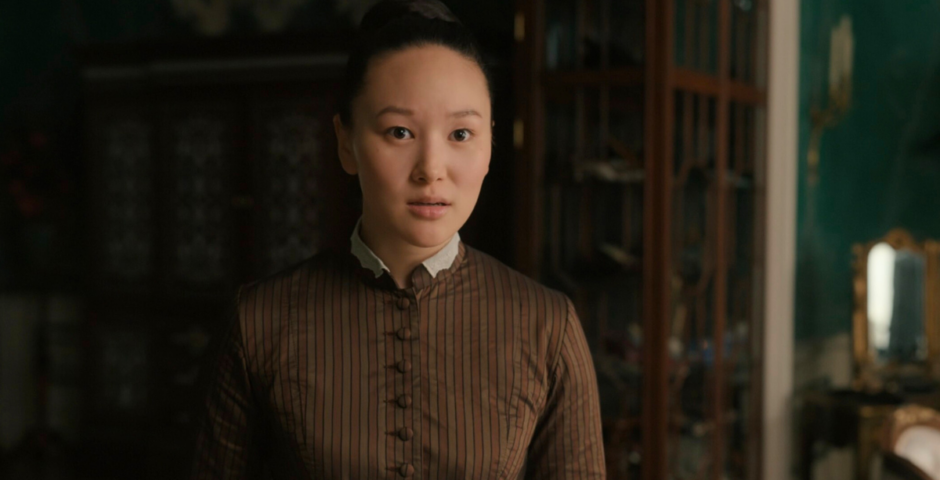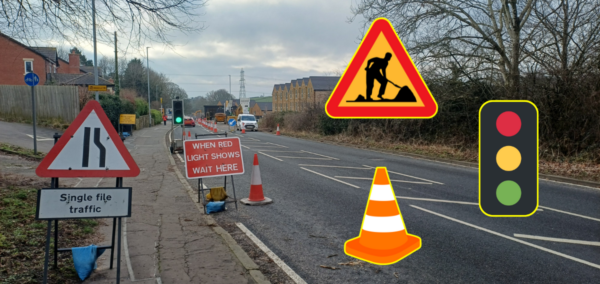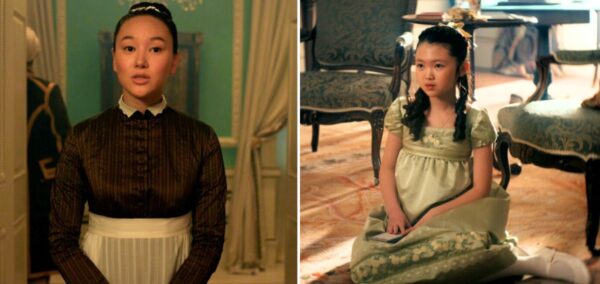
Lancaster lecturer reveals reasons behind joining marking boycott despite ‘not wanting to’
‘I know my students have worked hard on their essays and their exams and they deserve to have their work marked’
Almost the entire academic year has been affected by UCU strikes. However, undoubtedly the most impactful stage of this year’s strike has been the Marking and Assessment Boycott (MAB), which will have a direct effect on dissertations and summer exams. Despite the university’s no detriment policy, students still find themselves reaping the consequences of actions out of their control, and as a result, many resent the strikes. For this reason, The Lancaster Tab reached out to a lecturer who is engaging in the boycott.
We spoke to an Associate Lecturer in FASS, who agreed to answer our questions to help clear up some of the questions that many students have.
What made you decide to take part in the boycott?
The lecturer told us that it has always been her “ambition” to work in academia, but many academics are having to move on from their jobs due to the market. She explained that the dispute is more than just pay, and extends to “casualisation and precarity in academia”, as well as the UCU’s discovery that higher education staff work “more than two unpaid days per week”, which “can lead to problems with stress, depression, anxiety and other physical or mental health problems”.
She added: “I don’t want to boycott marking and assessment. I know my students have worked hard on their essays and their exams and they deserve to have their work marked”, but that as much as she wants to engage in her students’ hard work, she also wants “staff to be paid fairly and equitably, to be adequately compensated for the amount of work they do, and to not be faced with excessive workloads and precarity.”
Has the university management made any acknowledgment to those of you who are engaging in the boycott?
Most Read
“Communication from senior management regarding the MAB has been very vague and unhelpful”, she said. She claimed that managers neglect to respond to staff, and didn’t update the FAQ document about the MAB until weeks after it had begun.
Why is pay so important to do a job that you love, and why you are allowing your pay to have such an impact on students?
“Unfortunately, ‘love for the job’ is not an accepted currency when you are trying to pay your bills, especially during a cost-of-living crisis”. She explained that since 2010, lecturers have experienced a 20-30 per cent salary cut in real terms. If salaries had increased with inflation, they would be approximately £16,000 higher.
“Yes, most of us are not in our profession for the money, but this doesn’t mean we need to accept unfair pay or conditions,” she said.
Do you think the impact it’s having on the students is fair? Especially given that most of the current final year students were unable to do their A-Levels due to Covid?
“The impact on students is unfair, yes. But it does not have to be this way. University managers could end the dispute by re-entering negotiations with the UCU. But instead, universities would rather devalue your hard work and let your dissertations, coursework, and exams go unmarked”.
The lecturer mentioned that those participating in the MAB are facing 50 per cent salary deductions, despite the fact marking does not constitute 50 per cent of the work they do. She believes some institutions are taking on “punitive and disproportionate actions” in attempt to “intimidate staff” into “dropping the boycott”.
If a marking boycott had happened during your time as an undergraduate student, how would you have felt in regards to the situation?
The lecturer explained that she experienced UCU strikes during her third year at university. She acknowledged that these had a “major impact” on her studies, but that she supported them regardless.
“I wrote a letter to the VC and made the effort to visit the picket line on most days”, she said. “There, I was able to speak with my lecturers and hear from other members of the union about why they were on strike.” This really helped her gain perspective, and believes that if the MAB had happened during her undergraduate degree, she would have been supportive.
Is it worth it?
“Industrial action works. For the UCU, our previous industrial action has won us a full restoration of pensions. In 2021, Liverpool UCU’s marking boycott successfully prevented dozens of staff from being made redundant.”
Is there any end in sigh for the MAB?
“At the minute, there doesn’t seem to be a definitive end. I would hope it will end after exam season.”
Many students began supporting the lecture strikes, but as things have progressed, their attitudes toward supporting their lecturers has changed – how do you feel about this?
The lecturer respects that everyone is “entitled to their own opinion” and “completely understands” students that don’t support the MAB. However, she drew attention to the fact that many of the staff participating in the MAB are postgraduate students who will, themselves, be impacted.
She mentioned that we should “all stand together” as the issues do not just affect staff. We shouldn’t let “upper managers to divide us”. She said: “If staff are overworked, underpaid, and insecure, then it’s much more difficult to deliver to you the high standard of education that you deserve.”
There are still many students who want to support their lecturers and achieve the same goal. What can we, as students, do to help our lecturers?
“The easiest thing you can do is to explicitly express support – industrial action can be tough, so reading supportive messages from students means the world”. Students should also feel open to asking their lecturers questions, and can show support on social media.
The lecturer also stated that students can “put pressure on university chancellors and managers by getting involved with the ‘Lancaster Students Support the Strikes’ campaign'”. She said: “After all, home students pay over £9k a year for a degree and international students pay triple this – so where exactly is your money is going?”
—
A spokesperson for the university said: “Despite the financial pressures facing Lancaster and the wider sector, including home tuition fees being frozen and worth less in real terms, this year’s pay award is comparable to settlements in the wider economy.
“Lancaster respects employees’ right to take lawful industrial action, however extensive negotiations have already taken place and UCEA, the body representing universities, has been clear that the pay offer of between eight per cent and five per cent made in January following extensive negotiations was final. As a national collective, employers have looked after staff as best we can with an early pay uplift for 2023-24 that will be the highest in nearly 20 years of collective HE pay negotiations. At Lancaster we are also exploring new ways of assessing and managing the workload for staff, and have a range of wellbeing resources and support available. We are also ensuring staff are placed on indefinite contracts wherever possible.
“Lancaster’s number one priority is to see final-year students graduate successfully and on time, and that all students are minimally impacted by any action. Although many academics are not members of UCU or any union, any impact on students by not assessing their work through the marking and assessment boycott is taken extremely seriously.
“We have introduced measures to help students reach the next stage of their studies despite any withheld marks – whether that means progressing to the next year of a programme or to graduation.
“Universities are facing rising costs, the tuition fee for UG students has remained largely static since 2012 and is now worth one-third less than it was in 2012. The nature of individual universities means that a surplus at one institution cannot be used to pay the staff costs in another. Universities must generate enough income to cover the costs associated with all its activities.
“It is important to note that UCEA have never left the negotiating table and welcomes the call for UCU to return to negotiations.”

















